You don’t need to visit a fancy organic store to find superfoods—some of the most powerful berries are growing right near you, often hidden along trails, roadsides, or even in your own backyard. Wild berries like blackberries, elderberries, mulberries, and rose hips aren’t just free—they’re packed with surprising benefits you might be overlooking.
These tiny fruits are often richer in antioxidants, vitamins, and fiber than store-bought varieties. From supporting your immune system to helping with digestion and even calming inflammation, wild berries have been used in traditional remedies for generations—and now science is catching up.
Best of all, many of these berries grow with zero effort from you. Once you learn to safely identify and harvest them, they can become a natural part of your everyday wellness routine—fresh, dried, brewed into teas, or turned into jams and syrups. Wild, yes—but also wonderfully useful.
Elderberries
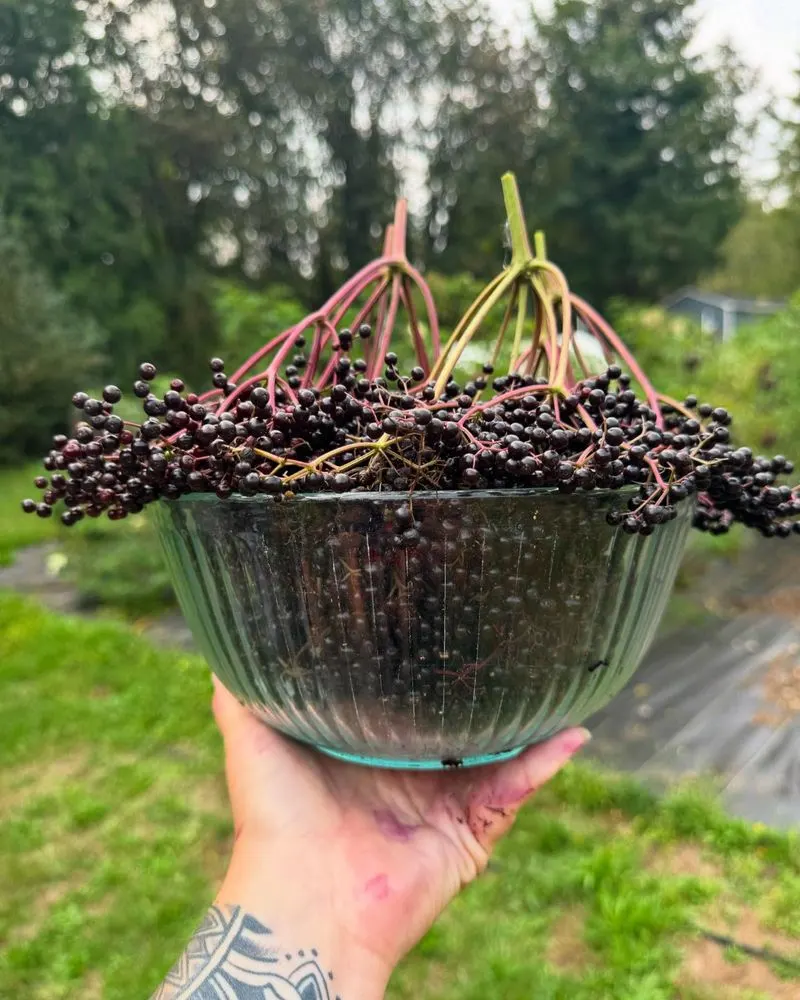
Elderberries are often seen as nature’s tiny immune boosters. Rich in antioxidants, they can help your body fight off colds and flu. Often made into syrups or teas, elderberries offer a potent dose of vitamins that can enhance your overall health.
These berries are not only functional but also versatile in the kitchen. Their slightly tart flavor makes them a favorite in jams and desserts. During the cold season, a warm cup of elderberry tea could be your perfect companion.
For centuries, elderberries have been used in traditional medicine, highlighting their long-standing reputation.
Blackberries
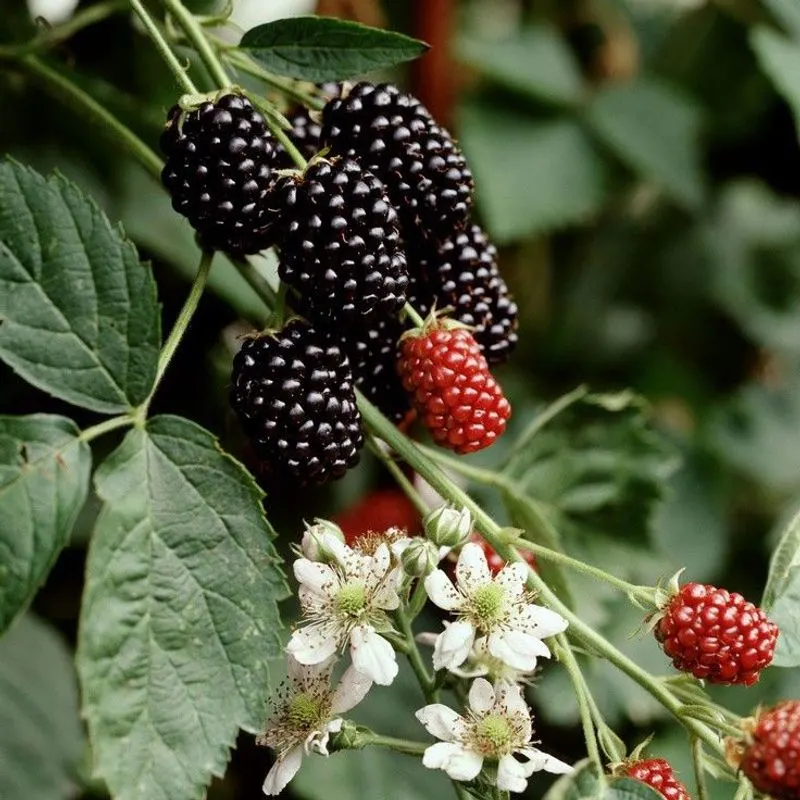
Blackberries, with their deep hue, are more than just a summer treat. Packed with vitamin C and fiber, they contribute to heart health and aid digestion. Including them in your diet could be a delicious way to support your body.
These berries are also known for their potential to improve brain health. Some studies suggest that they may help in keeping your mind sharp as you age.
Whether enjoyed fresh off the bush or in a pie, blackberries bring both taste and health benefits to the table.
Raspberries
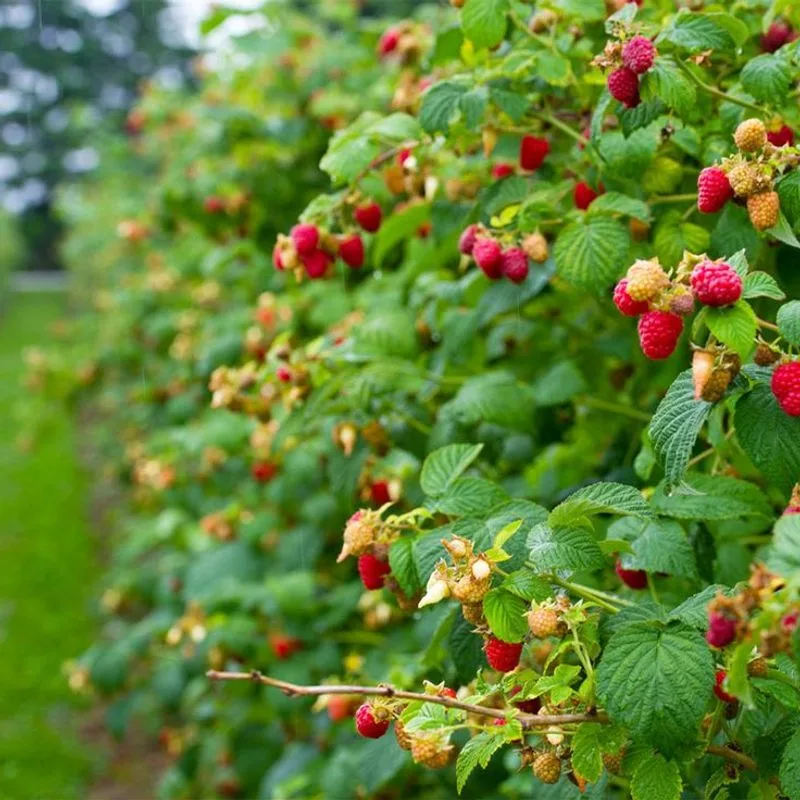
Raspberries are a sweet reminder that not all healthy foods are bland. They are loaded with antioxidants and vitamins like C and K. These berries can be a natural ally in your fight against inflammation.
Their small, delicate structure belies their powerful health benefits. Consuming raspberries may contribute to reducing the risk of chronic diseases.
Their vibrant color and taste make them a perfect addition to salads and desserts, ensuring that your meals are both nutritious and visually appealing.
Blueberries
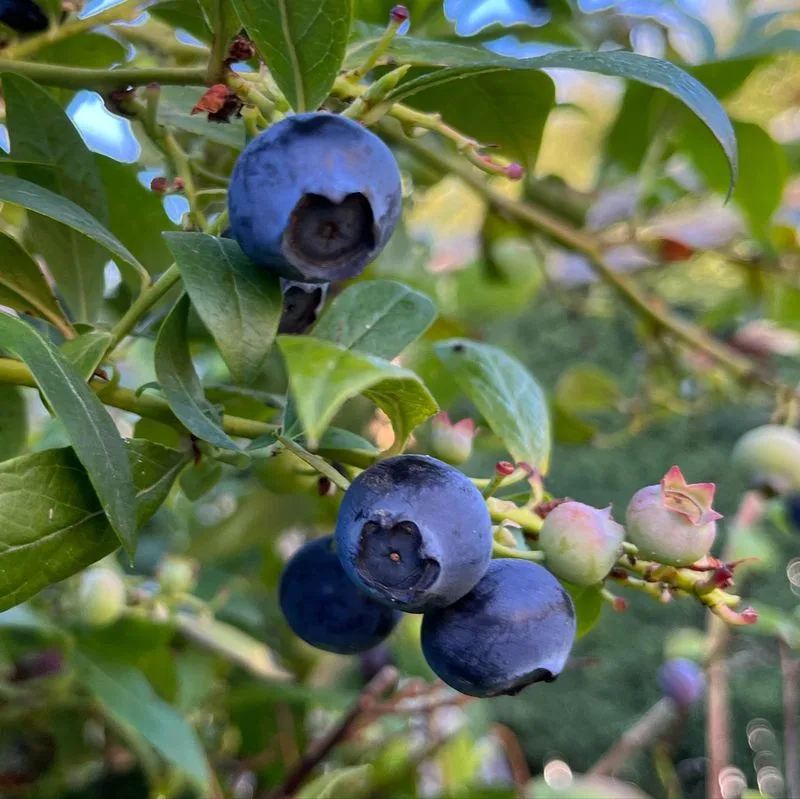
Blueberries are often hailed as a superfood, and for good reason. These tiny blue gems are packed with antioxidants and phytoflavinoids, known to boost heart health and lower blood pressure.
Regular consumption of blueberries may support cognitive function and improve memory. Their sweet, tangy flavor makes them a popular choice for snacks and smoothies.
Historically, blueberries have been used by Native Americans for their medicinal properties, adding to their mystique and charm.
Strawberries
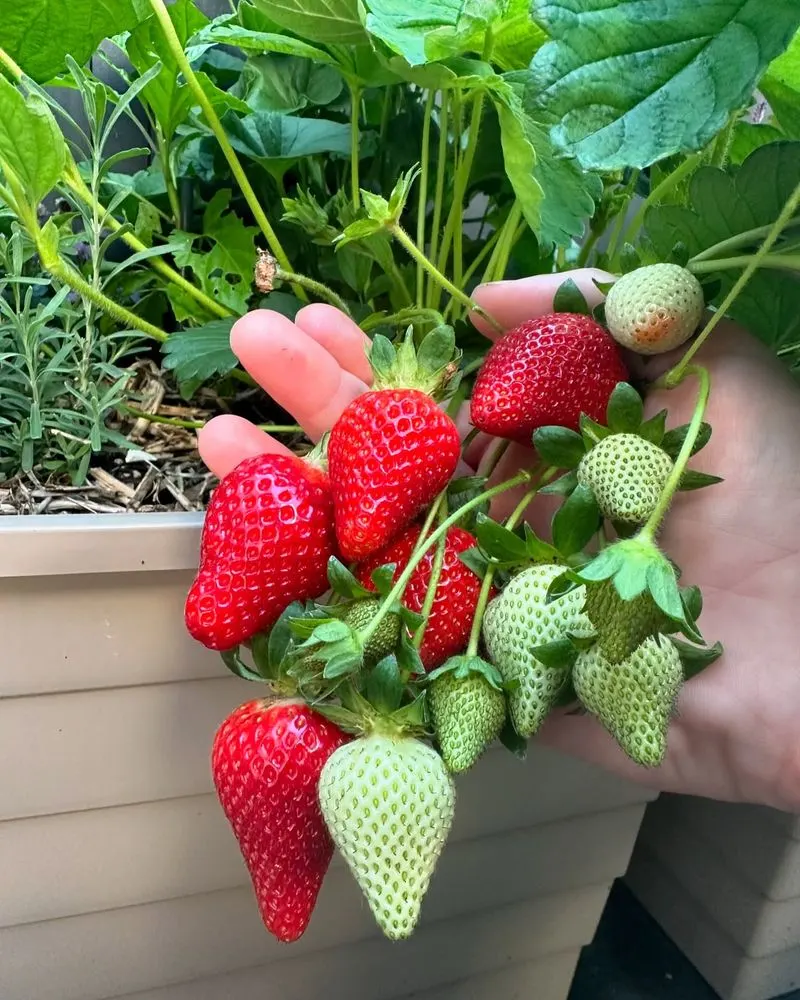
Strawberries are not just for sweet tooths; they bring an excellent source of vitamin C and manganese to your diet. These berries can help in reducing oxidative stress and inflammation.
Their juicy, red appeal is as delicious as it is healthy. Studies suggest that strawberries may aid in maintaining healthy blood sugar levels.
Whether you enjoy them dipped in chocolate or sliced in a salad, strawberries are a versatile and beneficial addition to your meals.
Goji Berries
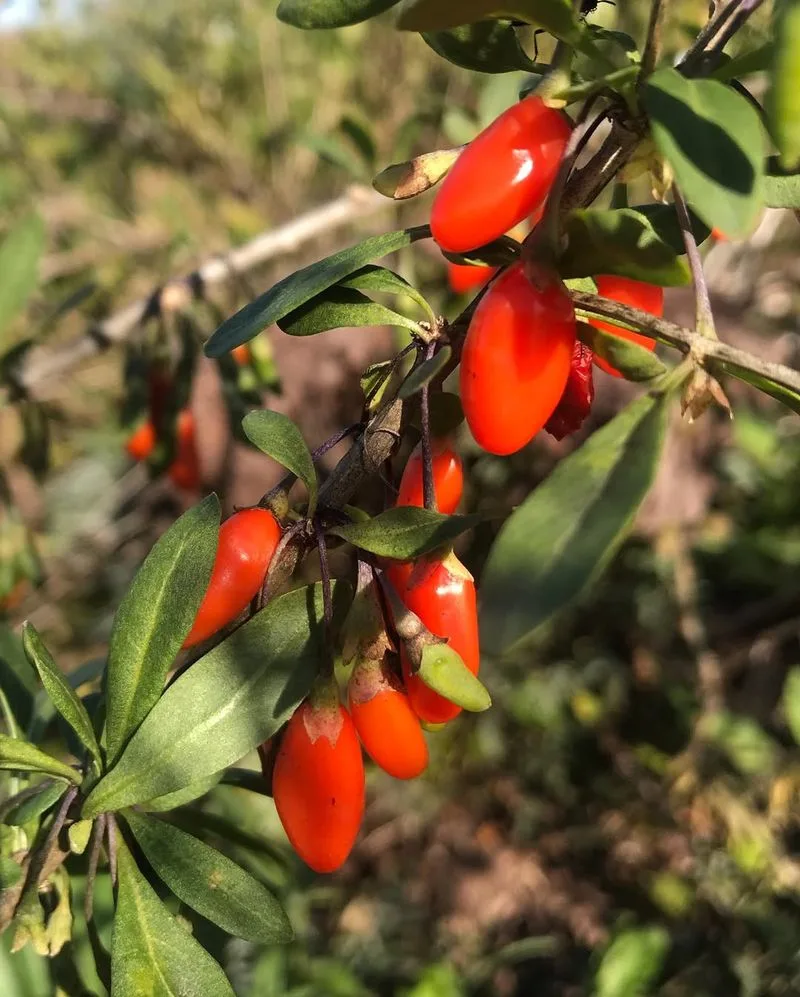
Goji berries are often associated with longevity and vitality. Packed with antioxidants, these berries may enhance immune function and improve eye health.
In traditional Chinese medicine, goji berries are hailed for their supposed powers to improve mood and energy levels. Their slightly sweet and tangy flavor makes them a popular choice for teas and trail mixes.
Adding goji berries to your diet can be an exotic and healthful adventure.
Cranberries
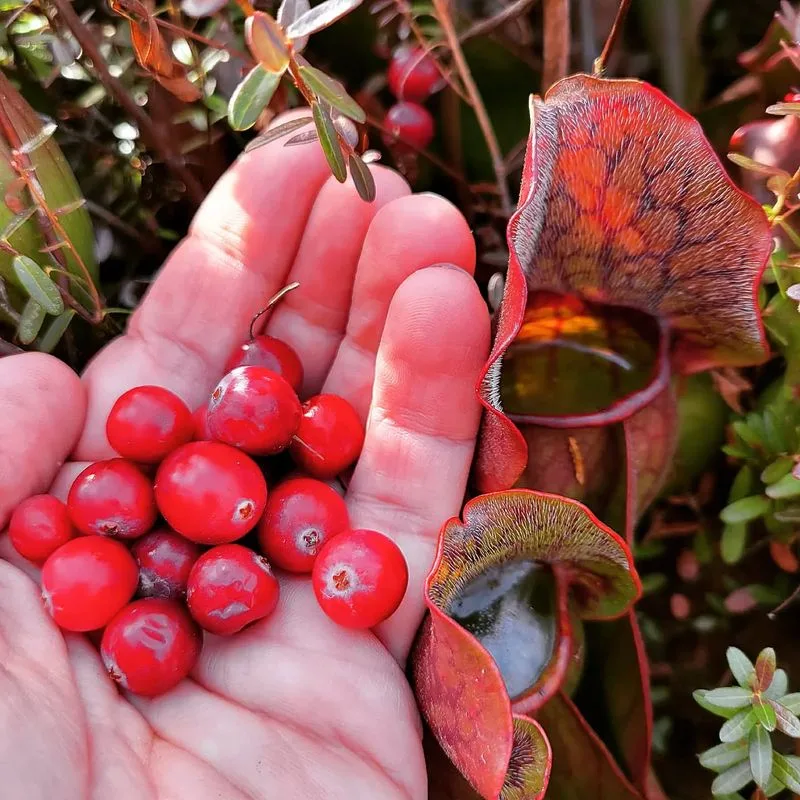
Cranberries are famous for their role in urinary tract health. These tart berries are rich in antioxidants and vitamin C, potentially lowering the risk of certain infections.
Their bold flavor might be an acquired taste, but they work well in sauces and juices. Cranberries are also known to support heart health by improving cholesterol levels.
Incorporating cranberries into your diet can be a tasty strategy for boosting health during the holiday season and beyond.
Hawthorn Berries
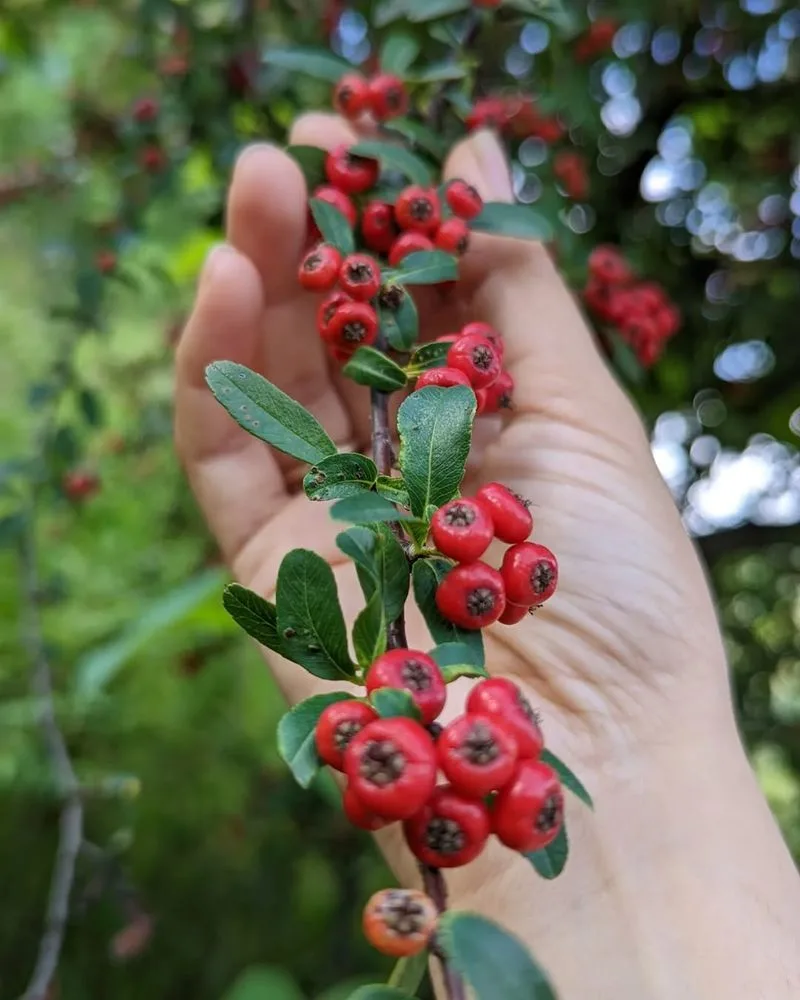
Hawthorn berries have long been used for their heart health benefits. Known to improve blood circulation and reduce blood pressure, these berries are a true heart’s companion.
Often consumed as a tea or supplement, hawthorn berries offer a natural way to support cardiovascular health.
Their slightly sweet and tangy flavor can be a refreshing change in jams and herbal remedies. These berries have a storied place in European folklore, often symbolizing love and protection.
Mulberries
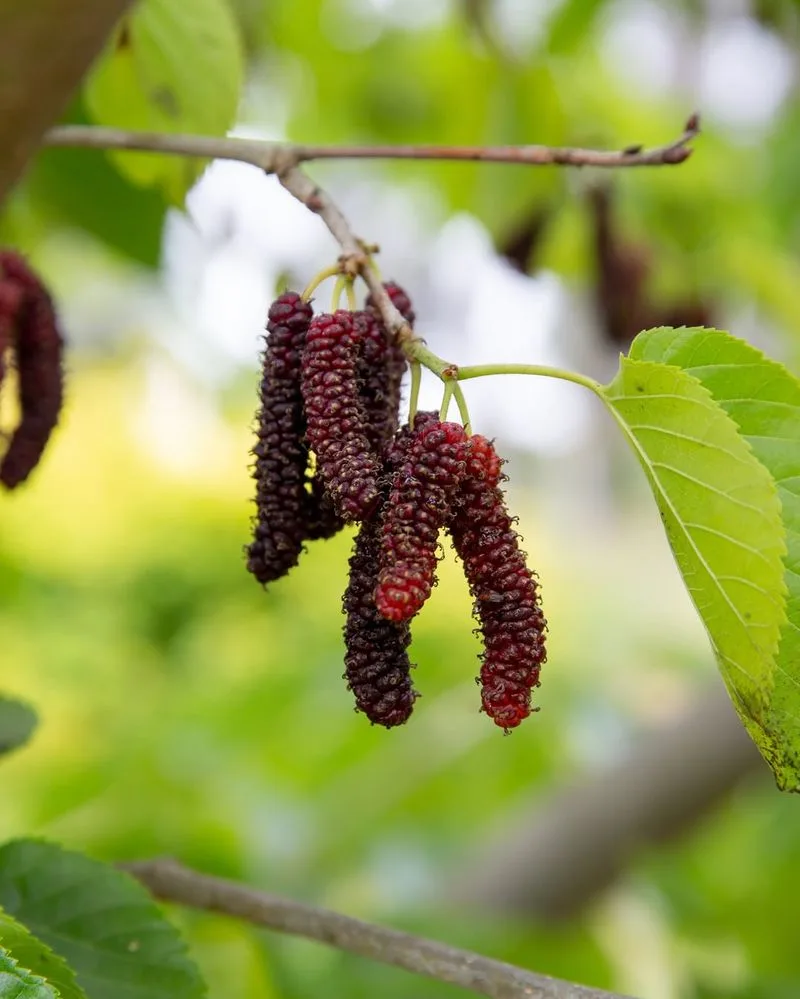
Mulberries are a treat for both your taste buds and your health. These dark berries provide iron and vitamin C, which can boost your immune system.
Mulberries can also support digestive health due to their high fiber content. Enjoy them fresh or dried for a delicious snack.
With their unique, sweet-tart flavor, mulberries are versatile in culinary uses, from smoothies to pies. Their historical use in traditional remedies adds an intriguing aspect to their consumption.
Bilberries
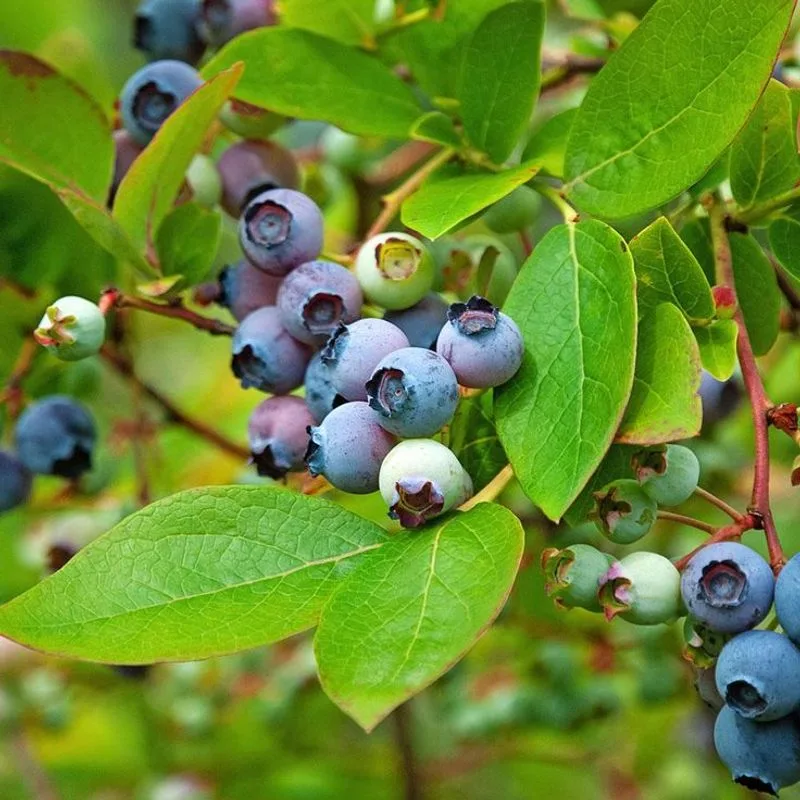
Bilberries are often compared to blueberries, but they have their unique charm. Known for supporting eye health, they are rich in vitamins A and C.
Incorporating bilberries into your diet could improve night vision and protect against age-related eye disorders.
Their distinct flavor is a wonderful addition to jams, desserts, and even savory dishes. Bilberries have been used traditionally in Europe for centuries, adding a touch of history to their benefits.
Lingonberries
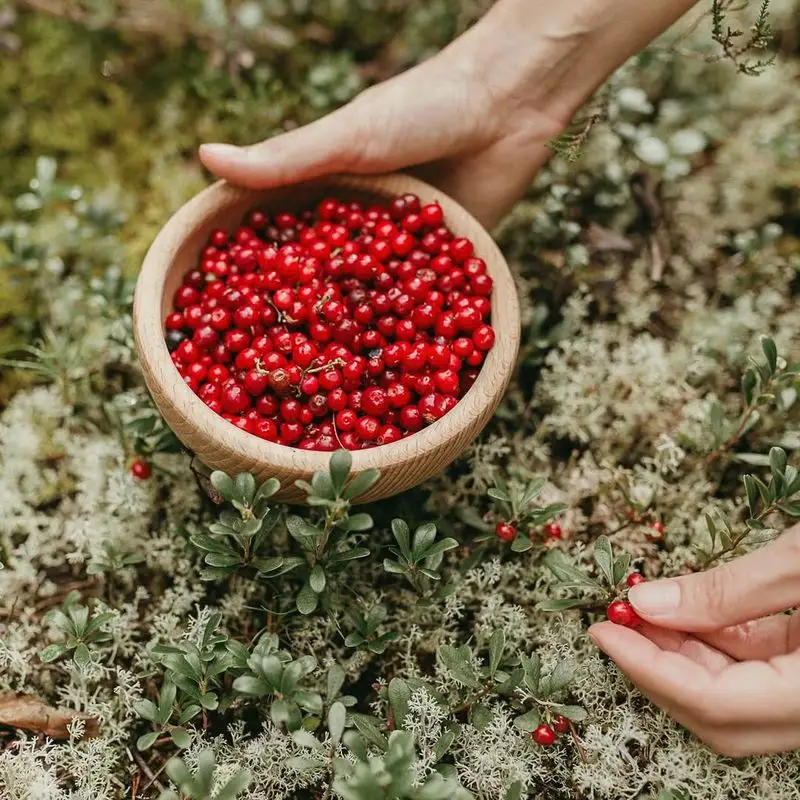
Lingonberries are tiny powerhouses when it comes to antioxidants. They are known to support liver and heart health, while also offering anti-inflammatory benefits.
Their tartness is a delightful surprise in sauces and preserves. Some studies suggest they may help in managing blood sugar levels.
These berries have a special place in Scandinavian cuisine, adding both flavor and nutrients to traditional dishes.
Cloudberries

Cloudberries are the gems of northern marshlands. Rich in vitamin C and ellagic acid, they offer a natural way to boost immunity and skin health.
Their unique, tart taste makes them a prized ingredient in jams and liqueurs. Cloudberries are often considered a rare delicacy due to their short growing season.
In Nordic regions, cloudberries hold a cultural significance, celebrated in various festivals and traditional recipes.
Chokeberries (Aronia)
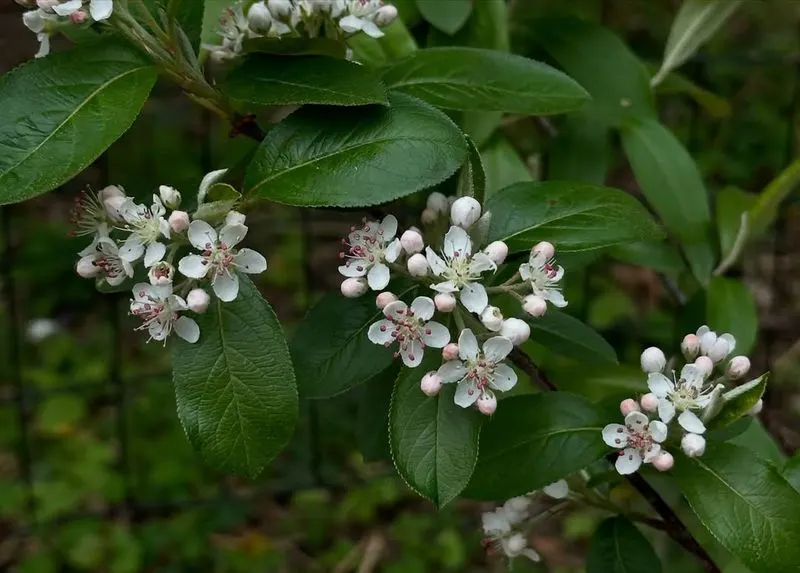
Chokeberries, or Aronia, might not be the sweetest berries, but they are packed with antioxidants. These berries are known to support heart health and boost the immune system.
Their astringent taste might take some getting used to, but they can be a nutritious addition to smoothies and syrups.
Aronia berries have been gaining popularity for their potential health benefits, making them a worthy addition to your berry repertoire.
Serviceberries
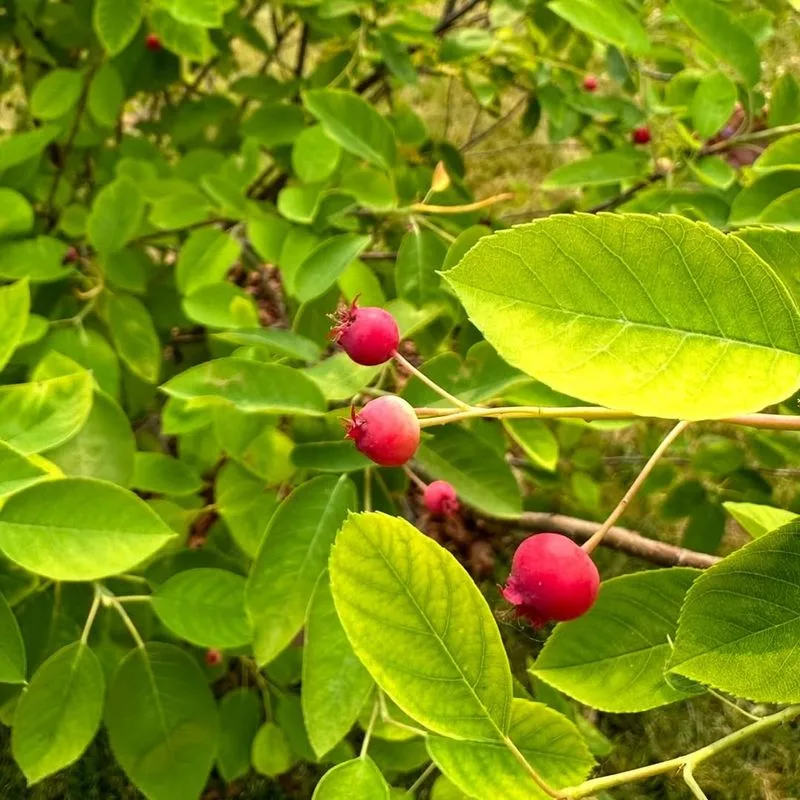
Serviceberries, with their sweet, almond-like flavor, might just be the perfect snack. They are rich in vitamins and minerals, supporting overall wellness.
These berries can be a delightful addition to baked goods and salads. Their nutrient profile includes fiber and essential vitamins like A and C.
Historically, serviceberries were a staple food for Native Americans, adding a rich cultural heritage to their modern culinary uses.
Huckleberries
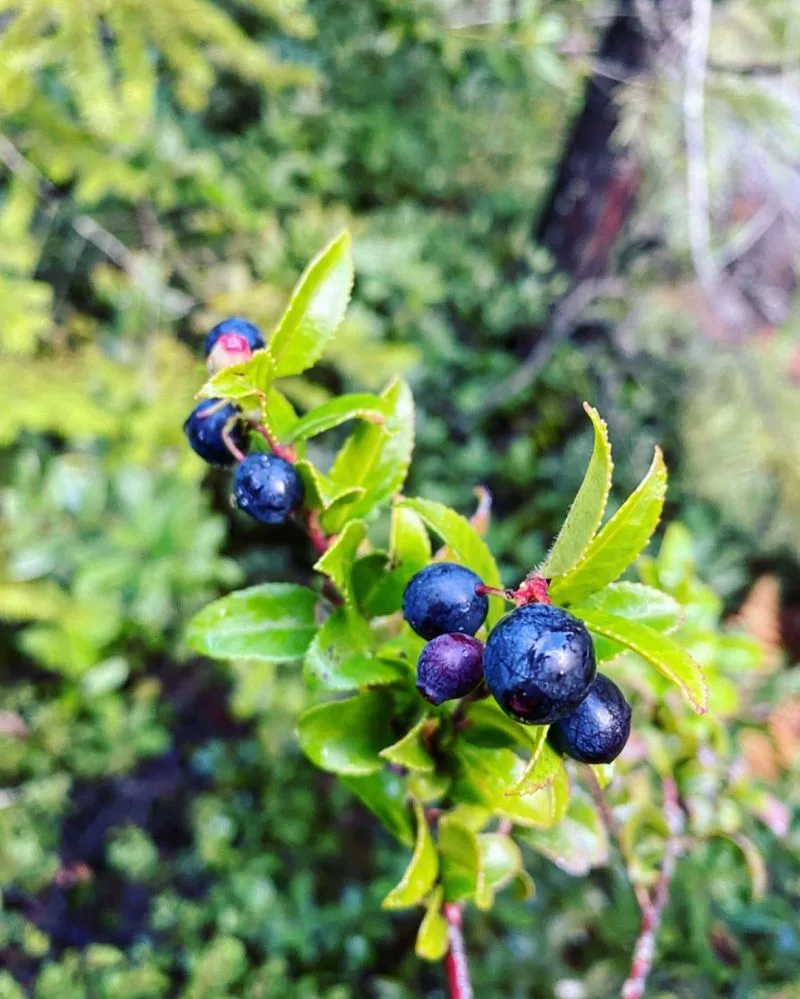
Huckleberries offer a burst of flavor and nutrients. These berries are rich in antioxidants, potentially supporting heart health and reducing inflammation.
Their tart and sweet taste makes them a popular choice for pies and syrups. Huckleberries are often foraged in the wild, adding an element of adventure to berry picking.
In the Pacific Northwest, huckleberries are celebrated and often featured in local festivals, showcasing their importance to the region’s culture.
Barberries
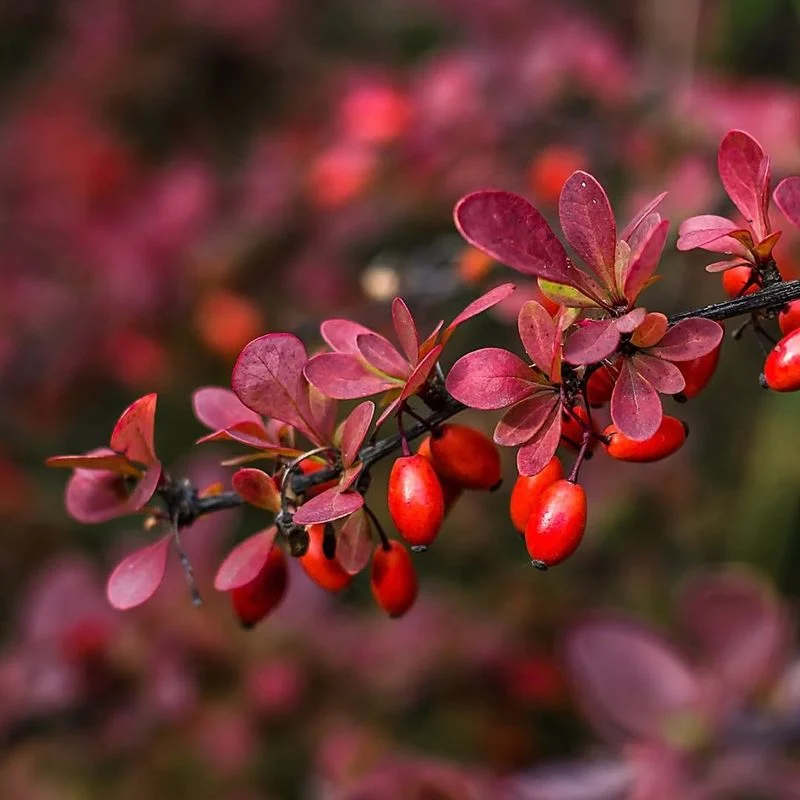
Barberries might be small, but they offer a wealth of benefits. Known for their potential to improve digestion and reduce inflammation, these berries are a hidden gem.
Their tart flavor makes them a unique addition to Persian dishes, offering both taste and health benefits.
Barberries have been used in traditional medicine for centuries, highlighting their enduring appeal and effectiveness.

